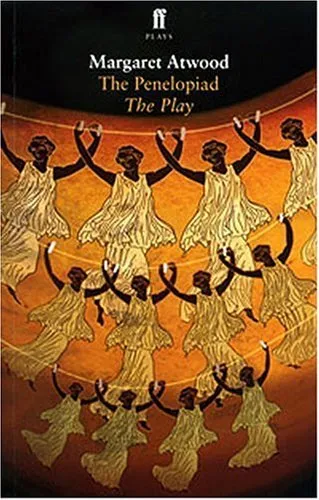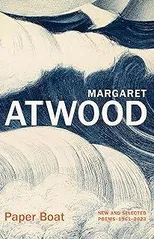As portrayed in Homer's Odyssey, Penelope - wife of Odysseus and cousin of the beautiful Helen of Troy - has become a symbol of wifely duty and devotion, enduring twenty years of waiting when her husband goes to fight in the Trojan War. As she fends off the attentions of a hundred greedy suitors, travelling minstrels regale her with news of Odysseus' epic adventures around the Mediterranean - slaying monsters and grappling with amorous goddesses. When Odysseus finally comes home, he kills her suitors and then, in an act that served as little more than a footnote in Homer's original story, inexplicably hangs Penelope's twelve maids. Now, Penelope and her chorus of wronged maids tell their side of the story in a new stage version by Margaret Atwood, adapted from her own wry, witty and wise novel.
Margaret Atwood
Margaret Atwood is a Canadian author known for her insightful and thought-provoking works of fiction, poetry, and essays. Her most notable works include "The Handmaid's Tale," a dystopian novel that has been adapted into a popular TV series, and "The Blind Assassin," which won the prestigious Booker Prize. Atwood is celebrated for her feminist themes, sharp wit, and inventive storytelling techniques. She has made significant contributions to literature by exploring complex issues such as gender, power, and environmentalism in her work. Atwood's impact on the literary genre of speculative fiction has been profound, as she has helped to redefine and expand the boundaries of what is possible in storytelling.





